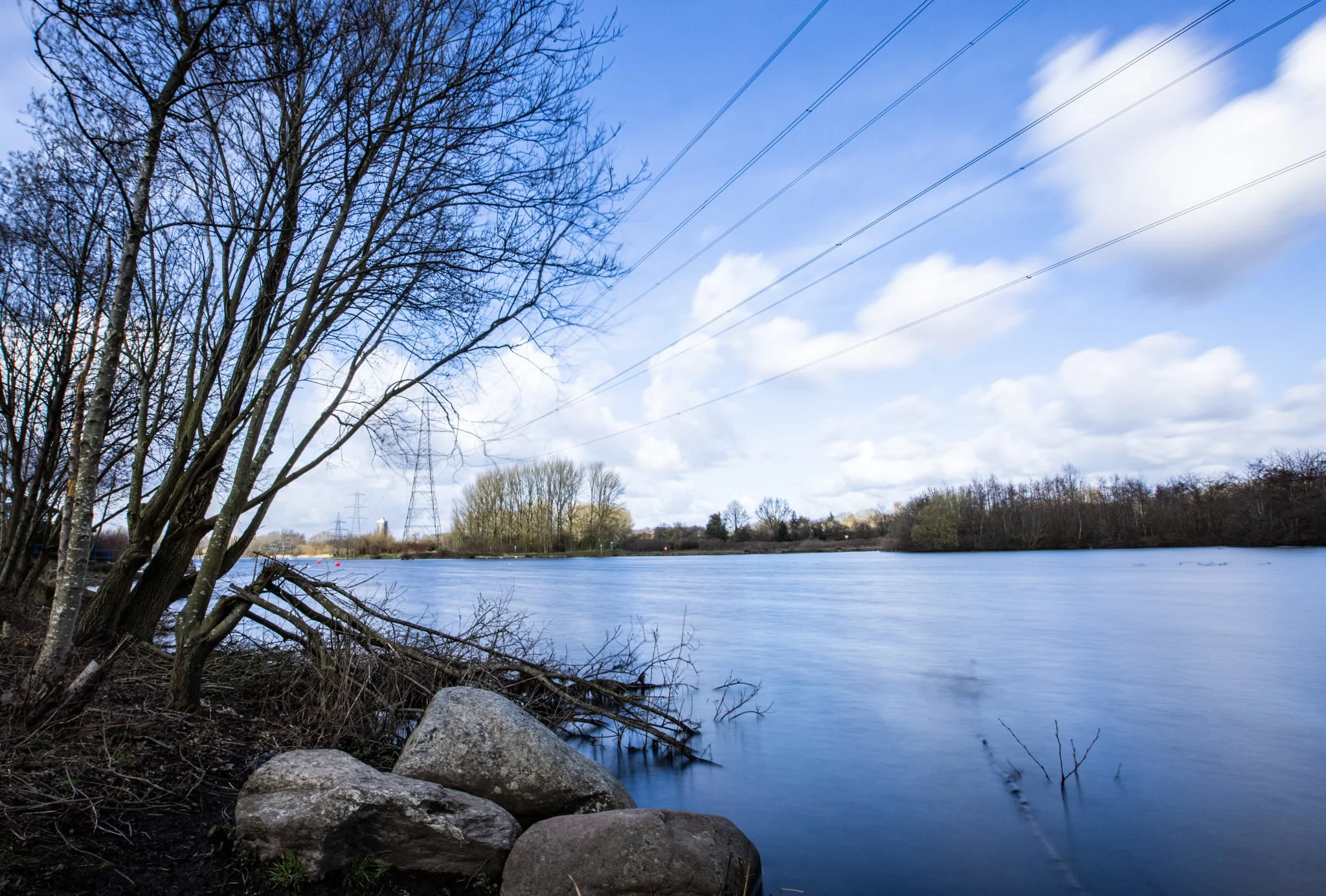Sale Water Park users urged to be vigilant due to suspected avian flu
Dog walkers and those using outside water venues are being urged to be vigilant after a number of dead birds have been found at two venues in Trafford, including Sale Water Park.
Image: Sale Water Park by Derek Stuart Cole
Avian flu – which is now endemic in the wild bird population across the country – is suspected but cannot be determined at this stage. Samples have been sent to the Department for Environment, Food and Rural Affairs (Defra) for analysis and Trafford Council is currently waiting for results.
In the meantime, precautionary measures have been implemented – including new signage at Sale Water Park where most of the birds have been recovered – urging dog walkers to keep pets on a lead at all times and for people to stick to designated pathways.
Staff on-site will be able to advise visitors to the park, while specialist teams, including officers from the RSPCA, monitor the situation and assist with the removal of any dead birds.
Meanwhile, council teams have been liaising with registered bird owners in the vicinity, to remind them of national guidelines, ensuring they are following biosecurity measures and keeping birds housed.
A council spokesperson, Richard Roe, Trafford Council’s director of place, said: “This is obviously upsetting for everyone, including our own teams dealing with this, but avian flu is unfortunately now affecting wild birds right across the UK.
“People visiting Sale Water Park will see teams from the council and RSPCA on-site, but they should not be alarmed. We are not restricting access to the park, simply asking people to exercise common sense.
“Don’t go near any birds, especially if they are dead or distressed. There is a number to call on the information signs to report any that visitors do see.”
Mr Roe added: “We will be liaising with groups across the borough that use similar outdoor sites, alerting them to the issue and asking them to take similar steps. As soon as we have confirmation and know exactly what we are dealing with, we will update accordingly.”
Trafford’s director of public health, Dr Eleanor Roaf, said: “Unfortunately, we are seeing many cases of avian flu in wild birds across the UK at the moment. Although the risk to humans is low, we are very keen to stop this from spreading either to people, or to farmed or domestic birds.”
Dr Roaf added: “If you do keep poultry at home, please do make sure that they are kept indoors, and that no dirt is brought into the henhouse. We would advise against feeding wild birds, as this can encourage them to congregate together, and helps spread disease.”

